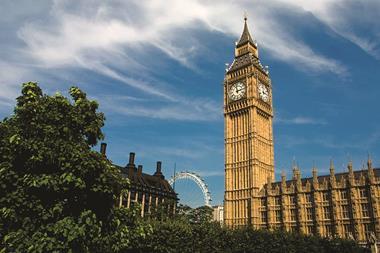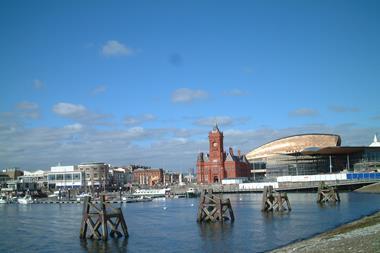Chief executives of Tesco and Morrisons are among the signatories of a letter to Rishi Sunak urging him to use business rates reform to “level up” the country.
The letter argues that a permanent 20% reduction in business rates would create 10,000 jobs in the retail industry and its supply chain, in 50 of the constituencies most in need, according to Sky News.
According to a Whitehall source, the letter highlights the overlap between those constituencies with higher business rates and those which lack new investments.
Signatories of the letter, which was sent last week, include Co-op chief executive Steve Murrells, Morrisons chief executive David Potts, Tesco’s UK and Ireland boss Jason Tarry, Association of Convenience Stores chief executive James Lowman, Usdaw general secretary Paddy Lillis and British Independent Retailers Association chief executive Andrew Goodacre.
High street retailers and hospitality venues have been given a 12-month rates holiday to help them through the crisis, but this has done little to stem the flow of redundancies throughout the sectors.
Sunak has previously said that a review of business rates may result in radical changes, with more of the tax burden being given to online sales.
The letter said: “Beyond jobs, the sector drives footfall for other businesses, is one of the largest local taxpayers, provides vital local services (such as pharmacies), supports local charities and provides locations for local people to meet and socialise.”
“The report shows that there are key growth opportunities across small, medium and large shops, which would benefit levelling up constituencies.
“It highlights, however, that there is one critical barrier – business rates.”
“The pandemic has shone a light on retail’s role as an anchor for local communities, but the evidence has been clear for many years.
“As an industry, retail is the largest private-sector employer and provides proportionately more jobs in constituencies in need of ‘levelling up’.
“As other major industries have receded from towns and cities across the North and Midlands, retail has become the bedrock of these economies, providing a disproportionately high number of jobs with wages and productivity growing faster than comparable sectors.”


























No comments yet